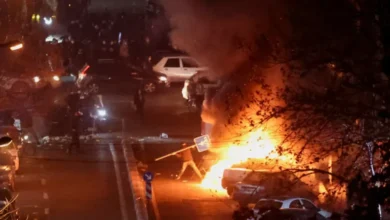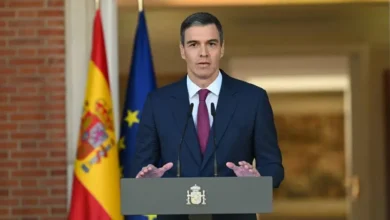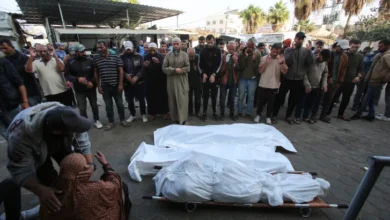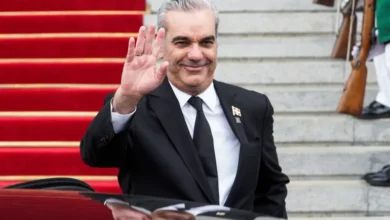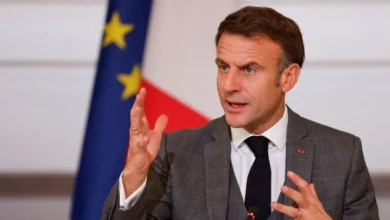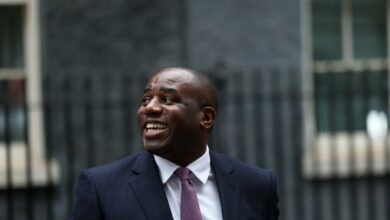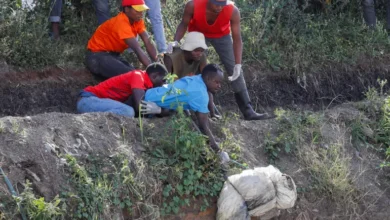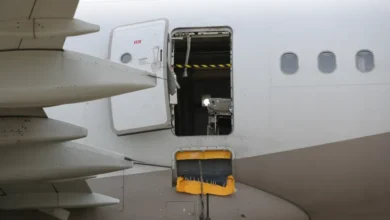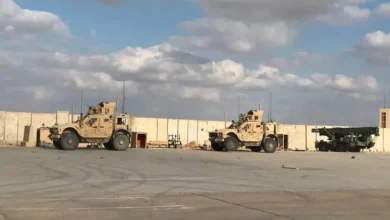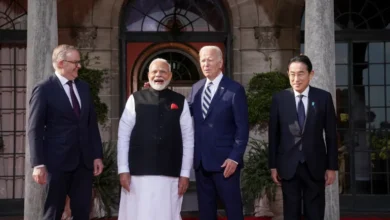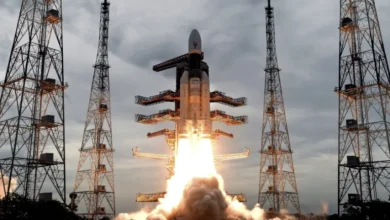‘Great for Netanyahu’: Will Haniyeh killing help Israeli PM politically?
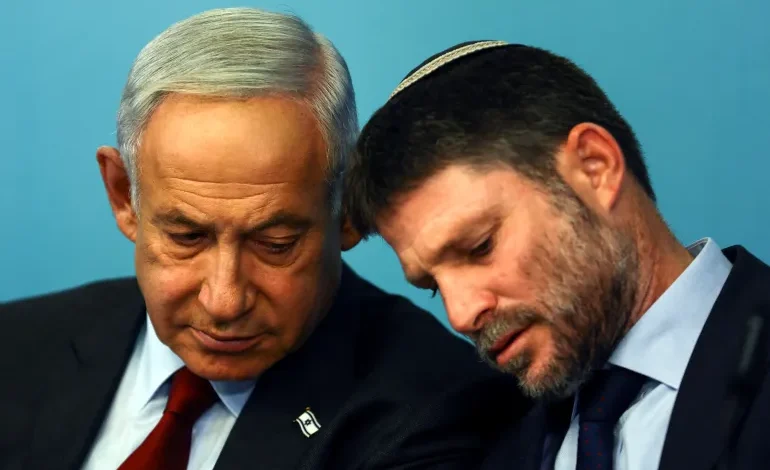
The assassinations of Hamas’s political leader Ismail Haniyeh in Iran and senior Hezbollah commander Fuad Shukr in Lebanon this week could help Israeli Prime Minister Benjamin Netanyahu regain domestic support as he fights for his political survival, say analysts, even though they may jeopardise hopes for the release of Israeli captives.
“The assassination of Haniyeh is great for Netanyahu’s political and security credentials,” Hugh Lovatt, an expert on Israel-Palestine for the European Council on Foreign Relations, told Al Jazeera. “That is undoubtedly a political fact.”
Israel has been wracked by internal unrest and divisions, first with months of protests over controversial judicial reforms that Netanyahu’s government pushed through, then with a growing movement critical of the prime minister’s failure to secure a ceasefire deal with Hamas that could lead to the release of captives.
This week, far-right Israelis – including ministers and members of the Knesset – reacted angrily to the arrest of soldiers accused of torturing and raping Palestinian prisoners. A mob stormed the base where the soldiers were being held. Divisions between Israel’s political and security officials have also increasingly become public.
Yet, the spate of assassinations this week could help Netanyahu shift the narrative – at least temporarily – within Israel, said the analysts.
On July 30, Israel fired a missile that killed Shukr in his apartment building in Dahiya, a bustling residential neighbourhood in Lebanon’s capital, Beirut. Shukr was one of the top commanders of the Lebanese armed group Hezbollah and was reportedly instrumental in plotting military strategy.
Israel ostensibly carried out the assassination in response to a projectile killing 12 Druze children and young people in the Israeli-occupied Golan Heights on July 27. Israel blames Hezbollah for the attack, but the group denies responsibility.
Hours after Shukr’s death, Israel assassinated Haniyeh, who according to analysts was playing a key role in ceasefire negotiations between Hamas and Israel. Haniyeh was killed while visiting Iran’s capital Tehran to attend the inauguration of Iran’s new moderate President Masoud Pezeshkian. Israel has not taken responsibility for the attack, yet Iran and Hamas both blame it.
And on Thursday, a day after Haniyeh was killed, Israel claimed it had evidence that it had also killed top Hamas operative Mohammed Deif in a strike on Gaza on July 13. Deif was one of the main founders of Hamas’s military wing, the Qassam Brigades, and has been on Israel’s most wanted list for years.
“I think in Israeli society, there is this moment where they can say that despite all the naysayers and concern [about the Gaza war], that they managed now to strike Hamas and are now making real progress by also taking out Hezbollah people,” said Lovatt.
